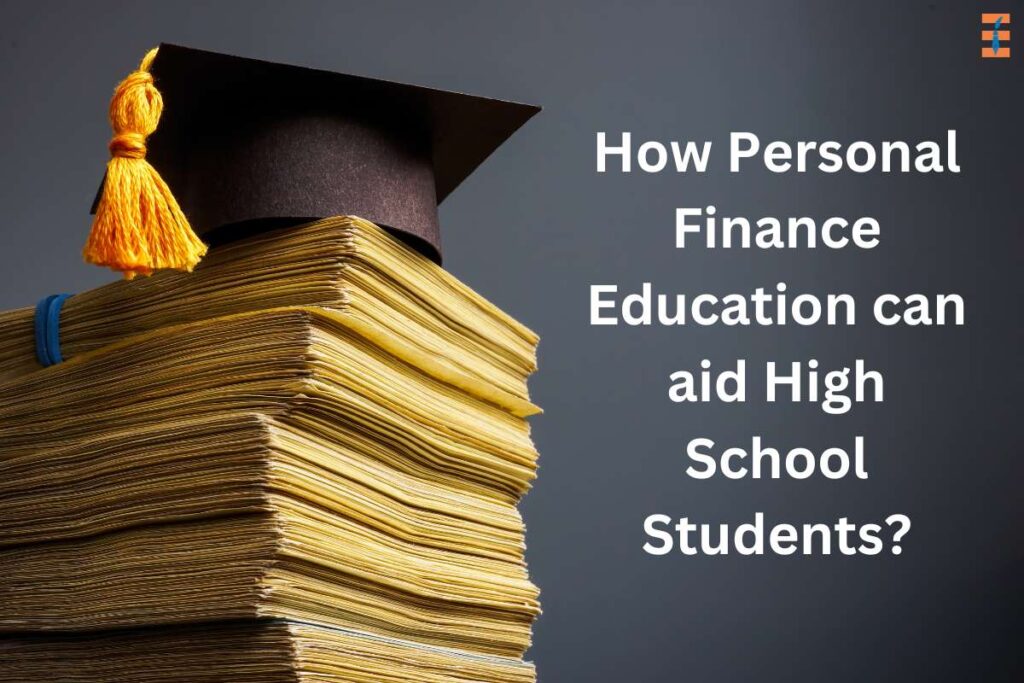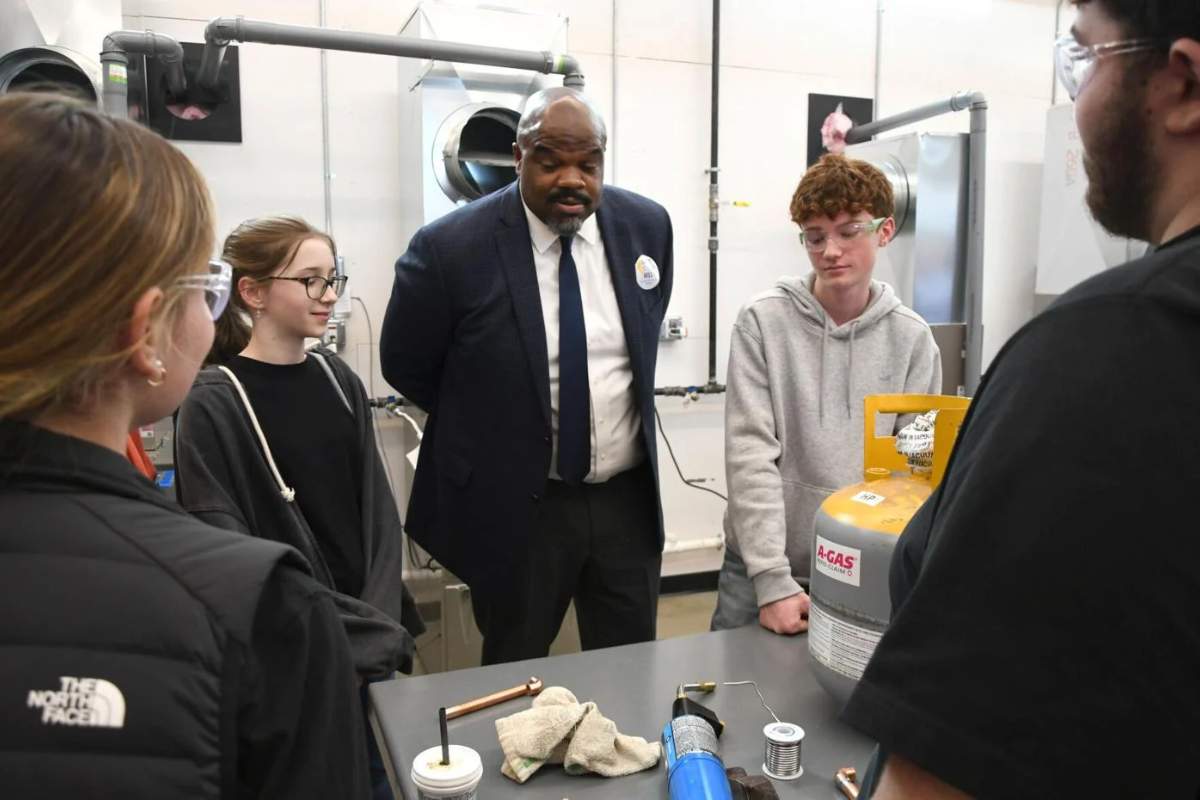Finance education is a significant part of today’s education system and hence it is included in the high school curriculum. Including it in the school curriculum has various benefits for students who will be soon earning money and becoming financially independent. When they are entering adulthood from adolescence, financial independence for high school students navigates their important decision in the future. Schools should teach students how to manage their finance and make strong decisions without getting influenced by anyone. In this article, you will explore how various schools can manage personal finance education for their students. Enjoy reading!
Here Are 12 Methods Of Personal Finance Education that can aid High School Students:
1. Fostering Financial Literacy

Personal finance education serves as a foundational step toward fostering financial literacy among high school students. It equips them with the essential understanding of concepts such as budgeting, saving, investing, and debt management. Armed with this knowledge, students can make informed decisions about their spending, saving, and financial goals. This early exposure helps them develop healthy financial habits that will serve them well throughout their lives.
2. Empowering Informed Decision-Making
High school students are often on the cusp of making significant life choices, such as pursuing higher education, entering the workforce, or starting their businesses. A solid grasp of personal finance enables them to evaluate these options based on financial considerations. They can assess the potential costs, benefits, and risks associated with different paths, ultimately making decisions that align with their long-term financial goals.
3. Cultivating Responsible Financial Behavior
Personal finance education instills a sense of responsibility and accountability in students when it comes to managing their money. They learn the consequences of overspending, accruing debt, and not prioritizing savings. Understanding the importance of financial stability encourages them to exercise self-control and make prudent financial choices that contribute to their overall well-being.
4. Navigating the Digital Age
In today’s digital age, online transactions, mobile banking, and electronic payment systems have become the norm. Personal finance education equips high school students with the skills to navigate these technological advancements safely and securely. They learn about online fraud prevention, the importance of strong passwords, and how to monitor their accounts effectively, ensuring that they can manage their finances in a rapidly evolving digital landscape.
5. Breaking the Cycle of Debt

Younger people are less likely to be worried about their future expenses and hence they fail to plan finance management. Most of the youths face challenges in managing their debt cycles as they are not aware of the technical terms involved in it. Schools can appoint professionals who can teach students financial terms like loans, interest repayments, etc. By understanding these details, students can stay up to date with business and financial news at national as well as international levels.
6. Building Strong Foundations for the Future
The concepts learned in personal finance education classes extend well beyond high school. They lay the groundwork for a strong financial future, allowing students to navigate major life events such as buying a home, starting a family, and retirement planning with confidence. The earlier these principles are instilled, the more time students have to apply them and benefit from the power of compounding when it comes to saving and investing.
7. Encouraging Entrepreneurship and Innovation
Personal finance education not only imparts the skills to manage money but also fosters an entrepreneurial mindset. Students learn about the basics of starting a business, managing expenses, and understanding the risks and rewards associated with entrepreneurship. This knowledge can ignite their creativity and encourage them to explore innovative ways to generate income, contributing to economic growth and personal fulfillment.
8. Nurturing Financial Confidence
The lack of financial knowledge can lead to feelings of uncertainty and anxiety. Personal finance education helps students develop the confidence to take charge of their financial future. As they become more comfortable with financial terminology and concepts, they are less likely to feel overwhelmed by financial decisions and are more likely to seek out opportunities to grow their wealth.
9. Strengthening Interpersonal Skills
Personal finance education often involves discussions about family finances, budgeting for shared expenses, and collaborating on financial goals. These conversations can enhance students’ interpersonal skills, teaching them how to communicate effectively, negotiate, and work together toward common objectives. These skills are valuable not only in managing finances but also in various aspects of their personal and professional lives.
10. Addressing Economic Disparities

Personal finance education can play a role in bridging economic disparities. Students from different socioeconomic backgrounds enter high school with varying levels of exposure to financial concepts. By standardizing personal finance education, schools can help level the playing field, ensuring that all students have access to the knowledge needed to make informed financial decisions, regardless of their background.
11. Parental Engagement
When personal finance education is integrated into the curriculum, it offers an opportunity for parents or guardians to engage in meaningful conversations about money with their children. Students can share what they’ve learned, discuss financial goals, and seek advice from their family members. This creates a positive ripple effect, as families collectively work toward improved financial well-being.
12. Real-World Application
Personal finance education goes beyond theoretical knowledge; it emphasizes practical application. By incorporating real-world scenarios, case studies, and interactive activities, students gain hands-on experience in managing finances. This experiential learning approach equips them with the ability to apply their knowledge in real-life situations, making the learning process more engaging and effective.
Conclusion
In a rapidly changing world where financial decisions have far-reaching consequences, personal finance education stands as an essential tool to empower high school students. Beyond learning about money management, budgeting, and investing, students gain the skills and confidence needed to navigate the complexities of modern finance. By embracing personal finance education, schools contribute to the development of financially responsible, informed, and empowered individuals who are well-prepared to thrive in a financially competitive and dynamic society. As educators and stakeholders recognize the multifaceted benefits of such education, the movement to integrate personal finance into high school curricula continues to gain momentum, ensuring a brighter future for generations to come.
By including financial education in the school syllabus, students will be empowered with knowledge and become capable to manage their finances. For example, they will understand the importance of savings and investment. Soon, they will be exploring different aspects of debt management. The next generation will be smarter and sharper and make informed decisions in life. We hope you enjoyed reading our article and understood the importance of including finance education in the school curriculum.
Also Read: The Growing Fields in Education










